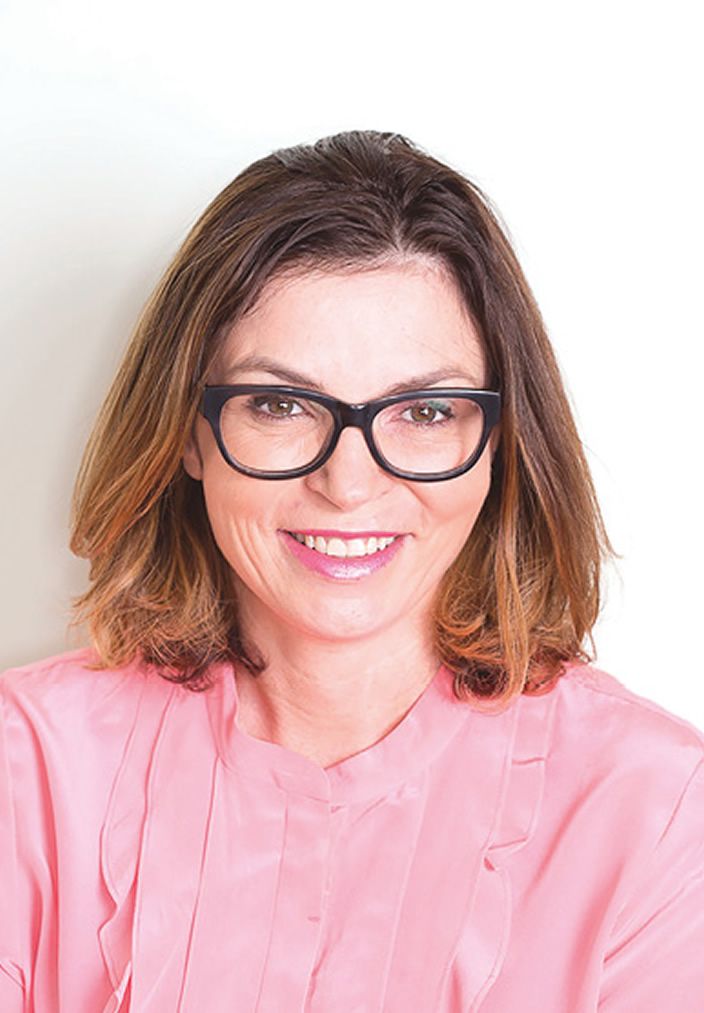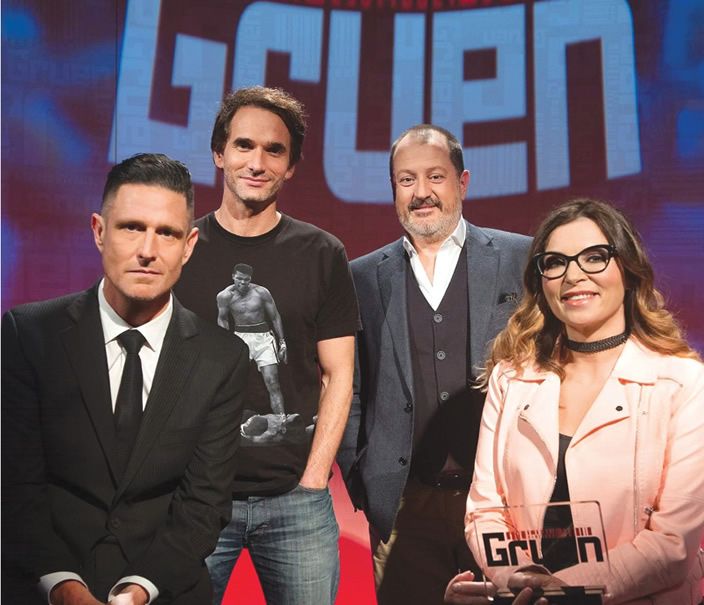
As an advertising executive, creative director and media commentator, Dee Madigan is best known for her tongue in cheek appearances on ABC TV’s Gruen. However, her involvement in political campaigning and participation on social justice issues – including a campaign to reinstate the Australia Day ad featuring Muslim children – is what inspires this former teacher the most. Journalist Fiona Stutz talks to Dee Madigan about the value of a quality education and why it is important to promote women in advertising.
Writing was just one of those things, because literally as soon as I could walk and talk that was all I have ever really done. All I ever wanted to do was write but I never wanted to starve for my art. So the original degree I started was a Bachelor of Business in Property so I could make a million dollars and retire when I was 40. That was my plan, and after one year of university in that degree – which was as horrifically boring as you could possibly imagine for someone who just basically likes to read and write – I thought ‘I can’t do this’ so I switched into a teaching degree. I graduated from the University of Sydney with a Bachelor of Education in English and History – Secondary.
I taught history primarily and I taught a couple of English subjects and HSC general studies. So I had one year teaching at probably one of the best schools in Sydney, which actually made it even clearer to me that I was not cut out to be a teacher because if you can’t enjoy teaching like that then you never will.
Growing up
I grew up in Victoria and did Prep, Years 1 and 2 at St Mary’s Catholic school in Hampton. Then I went from Year 3 to half way through Year 9 at Loreto Mandeville Hall, Toorak, which is a private Catholic girl’s school. And then I did the latter half of Year 9 at a school called Nagle College in Bairnsdale, which was not great because they graded you on how hard you tried, not how well you did, but I was good at doing very well without a lot of effort. Then Year 10 I did at Swift Creek High School. My father then decided that I should go back to Loreto.
Loreto was a sensationally good school. We didn’t have a lot of nuns teaching but the ones we did have were all highly educated. English, the literature side of it, was excellent. I ended up with an amazing English teacher – I was really lucky with the English teachers all the way through. One I remember in Year 11 was the first person who said that short stories don’t actually have to have beginnings, middles and ends, and sort of introduced me to people like Sam Yeatman and some Russian authors who did things a bit differently.
Advertising
I got sick of looking at a lifetime on a teacher’s wage so I did a course in advertising; a 12 week course called ‘award school’. If you graduated in the top 10 you got an automatic job placement for six months, which I did, and then that sort of basically started you in advertising and I just absolutely loved it. I ended up staying there for about nine years. It was incredibly long hours but it was fun. Even as a junior you got to work on big brands. I travelled the world.








































































































































